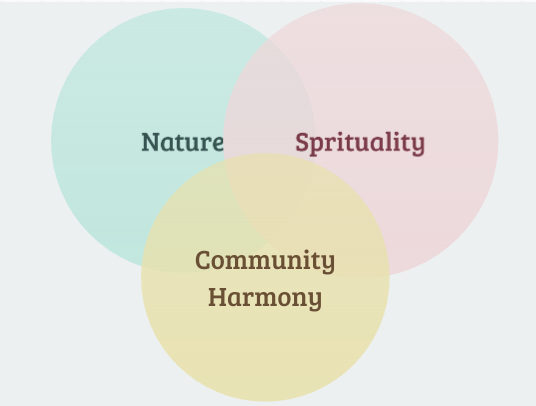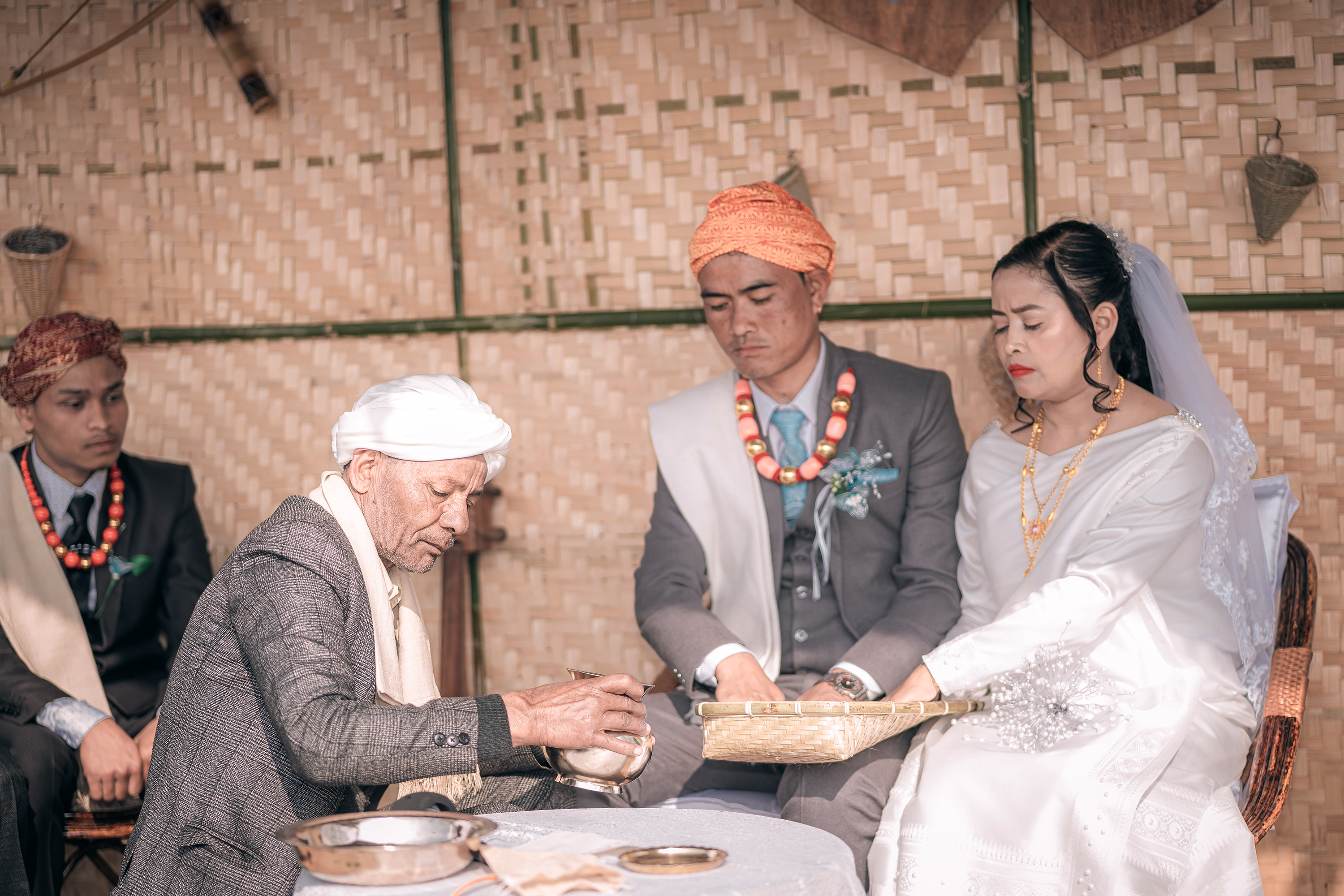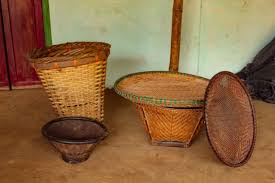Boro Tribe
World view:
The Khasi people, an indigenous community from the northeastern region of India, particularly Meghalaya, possess a unique worldview that emphasizes the interconnectedness of nature, spirituality, and community harmony. Central to their belief system is the reverence for the natural environment, which they view as a living entity imbued with spiritual significance. This deep connection to nature is reflected in their traditional practices, rituals, and sustainable agricultural methods. Spirituality plays a vital role in the Khasi worldview, with a pantheon of deities and ancestral spirits guiding their lives. The Khasi believe in the importance of maintaining balance and harmony within their communities, fostering strong social ties and collective responsibility. This communal ethos is evident in their matrilineal society, where lineage and inheritance are traced through women, further reinforcing the values of cooperation and mutual support. Overall, the Khasi worldview is a holistic perspective that integrates respect for the environment, spiritual beliefs, and a commitment to community well-being, shaping their identity and way of life.

Deities:
The Khasi pantheon includes deities associated with nature and ancestral spirits.
- U Lei Shillong: The deity of Shillong peak
- Ka Blei Synshar: The goddess of wealth and prosperity
Rituals:
Khasi rituals are deeply tied to nature, with ceremonies to honor deities and spirits.

Beliefs:
The Khasi people believe in a supreme being, U Blei Nongthaw, the creator of all things.
Practices:
Their practices include seasonal festivals, offerings to spirits, and the celebration of life's major milestones.
Birth marriage death:
Khasi customs for birth, marriage, and death are rich in symbolism, with each stage marked by specific ceremonies.
Ethnic history:
The Khasi people have a documented ethnic history spanning several centuries.
Download PDFFolklore:
Khasi folklore is filled with tales of bravery, myth, and spirituality.
- The legend of U Sier Lapalang
- The tale of Ka Likai and Nohkalikai Falls
Traditional songs:
Khasi folk songs often tell stories of love, nature, and daily life.
Traditional dance:
Khasi traditional dances are a vibrant expression of their cultural heritage.
Traditional music:
Musical instruments like the Duitara and Nakra are central to Khasi traditional music.
Traditional festivals:
Festivals like Ka Shad Suk Mynsiem are celebrated with great enthusiasm and community participation.

Materials elements of interest:
Khasi tribes use bamboo, cane, and other local materials to craft tools and objects of daily use.

Traditional dress:
Khasi traditional dress varies between men and women, with unique designs and motifs.
Traditional cuisine:
Khasi cuisine features a variety of local produce, including rice, pork, and fermented foods.

Scripts and language:
Khasi is a rich language with its own script, and a dictionary of commonly used words.
Download DictionaryLiterature:
Prominent Khasi poets and writers have contributed to the rich literature of the community.
Traditional crafts:
Khasi handloom crafts are intricate and highly valued for their artistic quality.

Natural resources:
The Khasi region is blessed with abundant natural resources, including coal and limestone.
Economic activities:
The Khasi people engage in agriculture, weaving, and coal mining as major economic activities.
Economic produce:
The primary produce includes rice, betel leaves, and local vegetables.
Places of importance:
Key sites include the sacred forest of Mawphlang and Nohkalikai Falls.
- Mawphlang Sacred Forest
- Nohkalikai Falls
Important personalities:
Important Khasi figures include historical leaders, warriors, and modern thinkers.
- U Tirot Sing Syiem
- Rev. J.J.M. Nichols Roy
Books and references:
For more detailed reading, the following books provide comprehensive insights into Khasi culture.
- The History and Culture of the Khasi People by Hamlet Bareh
- Folk-Tales of the Khasis by K. U. Rafy
